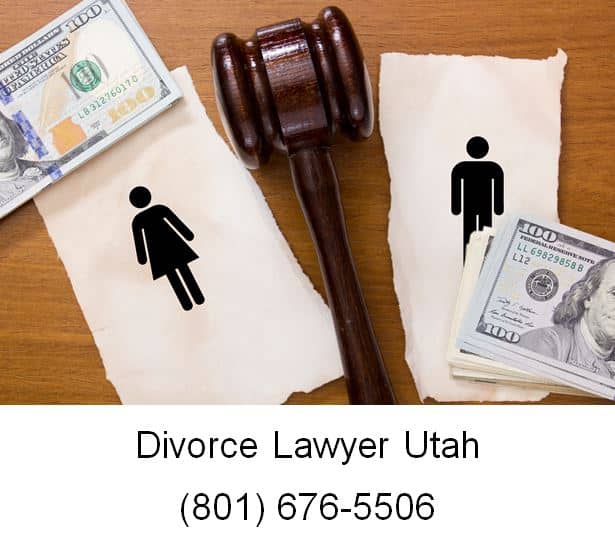An issue that commonly arises in divorce cases is how the two spouses will split responsibility for debts accumulated during the marriage.
Debt, like property, can be divided into separate debts and marital debts. The classification of a given debt will determine who is responsible for paying it.
-
Separate debt:
Any debt incurred by a spouse before he or she entered into the marriage.
-
Community debt:
Any debt incurred by either or both of the spouses during the marriage.
In general, each spouse must pay off his or her separate debt, while both spouses will share some responsibility for shared debts. The amount of that responsibility is left to the discretion of the judge overseeing the division of assets and debts.
It is important to understand that the order the divorce court issues only affects the spouses. This order has no impact on creditors, who may choose to come after one spouse for payment if the other fails to meet his or her responsibilities in repaying the debt.
Therefore, if you end up forced to pay a debt for which your ex-spouse was responsible, you may to go back to court and ask to be reimbursed or seek a judgment against your former spouse. This may involve wage garnishment. If the spouse who was supposed to pay opts to declare bankruptcy, you could be forced to do the same, depending on your financial situation.
Some Advantages of Settling Your Divorce through Mediation
Although mediation is not right for every divorcing couple, it does offer several advantages over traditional, adversarial divorces. The following are five benefits of settling your divorce through mediation:
- It’s less expensive. In mediation, you and your spouse typically sit down with one family law expert who guides and documents your discussion. This means that you are paying for the legal counsel of one attorney instead of two. You also reduce costs through mediation by not having to through the “back and forth” of having your lawyer speak with your spouse’s lawyer.
- You have more control. You and your spouse decide what issues are most important and need to be resolved. Ultimately, through mediation, you and your spouse come to an agreement that you both feel is acceptable. This may not always be the case in traditional divorce proceedings that may end up being resolved by the decision of the court.
- The process is faster. Because you and your spouse are working with the same lawyer, you may hold your mediation sessions at any time the three of you agree to meet. The flexibility involved in scheduling these sessions makes for a quicker path to resolution.
- Mediation diminishes adversarial behavior. Mediation encourages spouses to work together to achieve an agreement they can both stand behind. In a mediated divorce, there is no “winner.” The process may also increase a couple’s ability to communicate, and can even lead for a better post-divorce relationship for spouses who need to co-parent their children. By encouraging constructive behavior, mediation may have better long-term effects for some families.
- Divorce proceedings are more confidential. When a couple determines their divorce settlement through mediation, they avoid having their negotiations take place in a public courtroom. All of the communication that results from a mediation session are considered confidential.
Free Consultation with Divorce Lawyer in Utah
If you have a question about divorce law or if you need to start or defend against a divorce case in Utah call Ascent Law at (801) 676-5506. We will fight for you.
8833 S. Redwood Road, Suite C
West Jordan, Utah
84088 United States
Telephone: (801) 676-5506
More Divorce Information
Marriage Annulment in Salt Lake City
Can I Keep My Car Loan Out of Bankruptcy
Small Business Owner Liability
From https://www.ascentlawfirm.com/who-is-responsible-for-credit-card-debt-in-a-divorce/


No comments:
Post a Comment